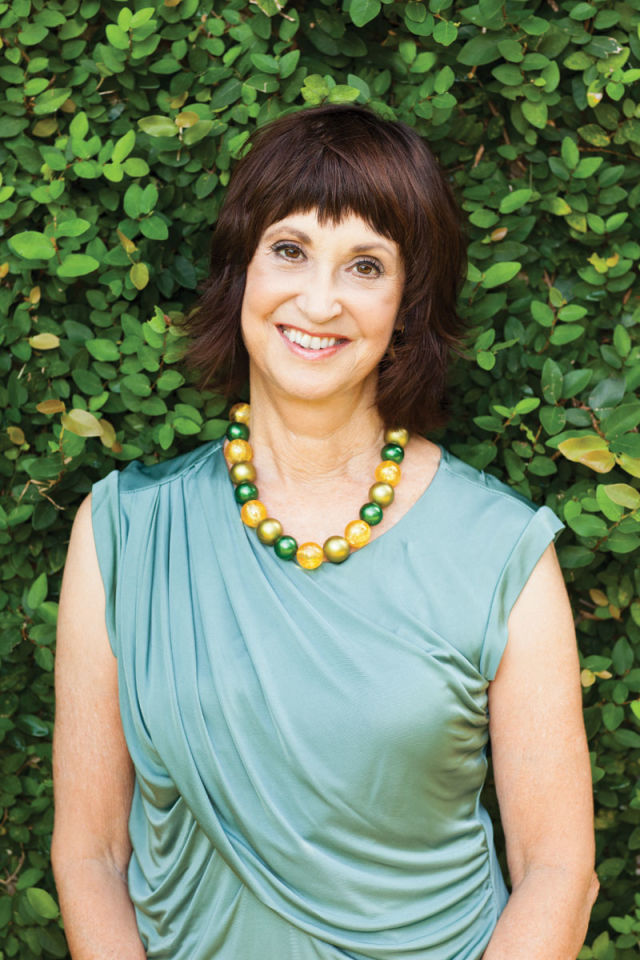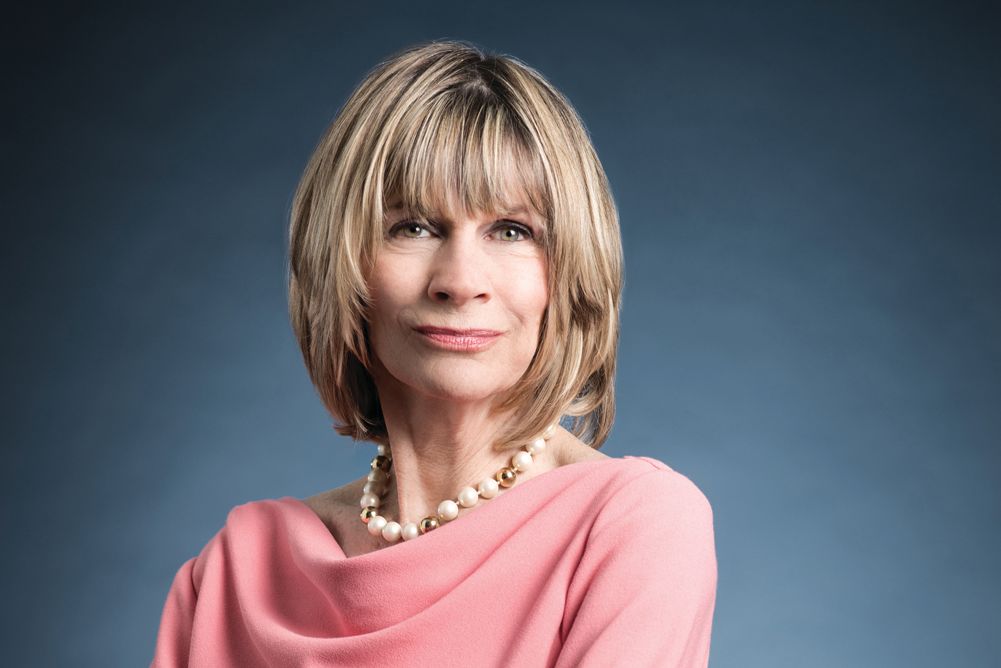Can We Talk About Growth?

When they were young, my two children spent alternating weekends with my ex-husband. One Saturday, he and his new wife had a dinner party, and when 6-year-old Kate came home, she asked, “When you and Henry were married, did you have people come over and sit on the sofa and talk about real estate?” At the time, most of my friends were writers and other impoverished bohemians, and I remember assuring her that boring old real estate was not a subject that came up at my parties.
How things have changed! These days, everybody is talking about Sarasota real estate, and that includes me, grown-up Kate and those old bohemian friends, several of whom now supplement their Social Security by owning and renting out houses.
As we report in our cover story, real estate, the time-honored engine of our economy, is off and roaring again, fueled by a surge in population. After stalling during the recession, the growth rate in Sarasota-Manatee is now the 11th fastest in the nation, and more people—most of them retiring baby boomers—are on the way. We don’t have enough houses for people who want to live here. Low inventory and high demand drove up Sarasota’s median home price by more than 10 percent last year alone. In response, developers have launched plans for thousands of new homes in South County and east of I-75, while in town and on the keys, modest old homes are being replaced by grand new structures. And $1 billion worth of new projects, from 18-story condos to townhomes and hotels, are rising downtown.
This place won’t look or feel the same a few years from now, and for many of us, that’s disorienting. Yes, our homes are worth more (but what could we buy if we sold them?) and we have more entertainment, shopping and dining choices than ever before. An expanding economy also helps businesses like this magazine thrive and allowed my kids to return after college and find jobs and raise their families here at home. (Though as Cooper Levey-Baker reports in this issue, that’s still not the case for many millennials.)
But growth also has driven housing prices too high for many workers, and it threatens to destroy the beauty and livability that drew so many of us here. Some—like the new activist group called STOP!—say we’ve already passed the tipping point. And while departing City Commissioner Suzanne Atwell charges that STOP! members just long for the old days—as if that could stop growth—they’re not alone. For the last three years, in an annual survey by the University of South Florida, county residents have named growth and development their No. 1 concern.
Other popular cities, from Portland, Oregon, to Austin, Texas, are also struggling to balance growth and quality of life. The places that are succeeding—Charleston and Nashville come to mind—have managed to develop consensus and to plan how they want to grow while preserving what makes them special.
Unfortunately, in contentious Sarasota, consensus is in short supply. From the Ringling Bridge to roundabouts, new projects are greeted with fear and outrage, and developers often oppose reasonable regulations and concerns.
Like our divided red and blue nation, we suspect each other of the worst and talk over rather than to each other.
Maybe it’s the split nature of our population—well-heeled retirees who fell in love with this place just the way it was and working people who need growth to pay their bills—that prevents us from collaborating on solutions. But as now retired developer Gil Waters used to tell me, our failure to hold productive conversations about growth is nothing new.
In the late ’60s, Waters was one of a progressive group of city commissioners who supported a number of landmark projects, including building the Van Wezel. At a public hearing for one of those projects, a tiny, white-haired woman clamored for her turn to ask a question. But when she got the microphone, she instead started listing all the reasons she and her friends didn’t want the project. “Your question, ma’am?” Waters finally asked. “Please—what is your question?”
The woman glared at Waters, took a deep breath, and said, “My question—my question is—we don’t want it.”
More than half a century later, it’s time for us to do better than that.



